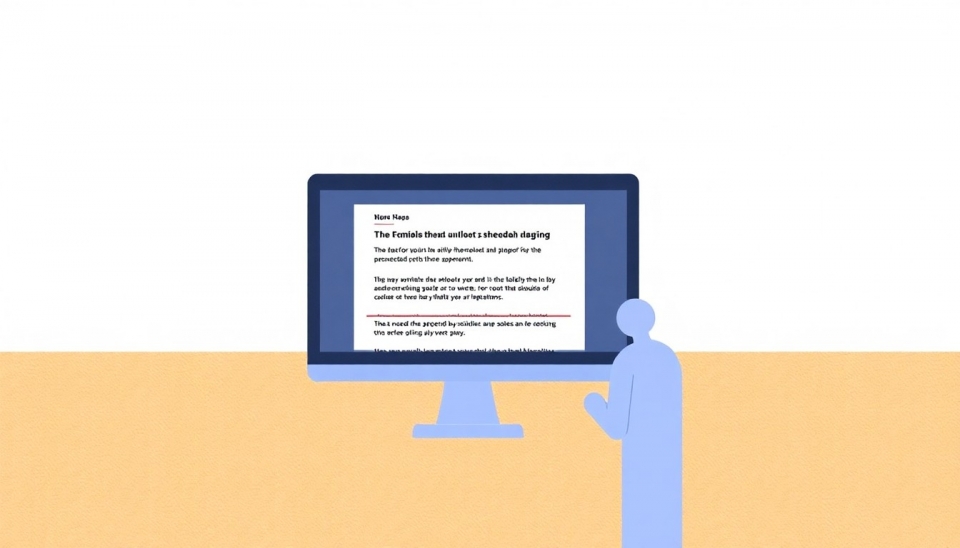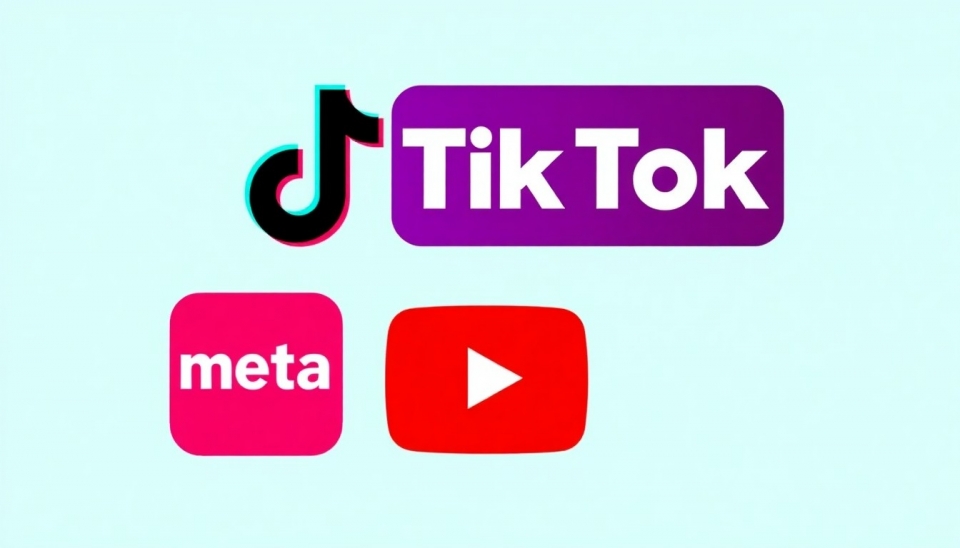
Meta Platforms, the parent company of Facebook and Instagram, has recently signaled a departure from its commitment to rigorous fact-checking, which raises significant questions about the future of misinformation on social media networks. Previously known for its stringent measures against the spread of false information, Meta's current stance appears to be a shift towards a more lenient approach in the analysis and moderation of content shared across its platforms.
This change aligns with a broader trend observed in the tech industry, where companies are grappling with defining the balance between censorship and free speech. Meta's decision comes amid increasing pressure from various stakeholders, including users, advertisers, and government entities, who are either demanding less restriction or greater accountability concerning content moderation.
Reports suggest that Meta is now prioritizing user engagement and overall platform growth over the challenges posed by misinformation. The implications of this strategy could be vast, given that Meta serves billions of users worldwide. Some experts believe that by easing restrictions on content, Meta might inadvertently open the floodgates to an upsurge in misleading claims, conspiracy theories, and false narratives that could thrive unchecked.
The company’s pivot has sparked a heated debate among policymakers, media analysts, and the public. Proponents of the change argue that it promotes free expression and acknowledges the complexity of moderating information, while critics warn that it could exacerbate the already pervasive issues surrounding fake news—potentially eroding trust in digital platforms.
Meta's disengagement from intensive fact-checking could also impact its relationship with third-party fact-checkers, many of whom rely on partnerships with the platform to curtail misinformation. These partnerships have historically been viable efforts to sway public opinion towards more accurate information. As their support diminishes, the already fraught battle against the spread of falsehoods may worsen.
This paradigm shift is not just limited to Meta; it reflects a larger dilemma posing challenges for the entire internet ecosystem. Other social media giants may follow suit, leading to a drastic change in how information is consumed and shared online. As platforms continue to struggle with their roles as public forums versus content moderators, the outcomes of such strategies will likely shape the future landscape of digital communication.
As Meta embarks on this new course, the implications for society, democracy, and credible journalism cannot be overstated. With misinformation already wielding significant influence over public discourse, the company’s decision could redefine the parameters of online engagement, prompting further scrutiny from regulators and advocates for responsible technology.
In summary, Meta’s diminishing commitment to fact-checking could signal a significant turning point in the way information circulates on digital platforms. Whether this will empower more freedom of expression or result in a resurgence of misleading content remains to be seen, but the potential ramifications are extensive and warrant careful observation.
#Meta #FactChecking #Misinformation #SocialMedia #DigitalPlatforms #InternetCulture #FreeSpeech
Author: Emily Collins




